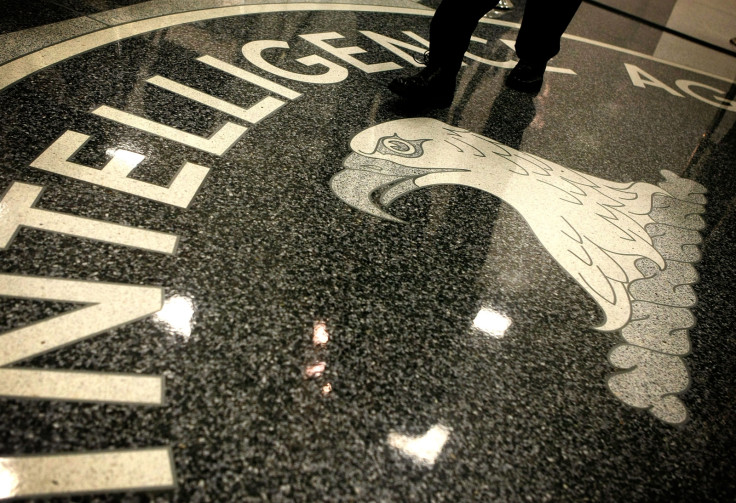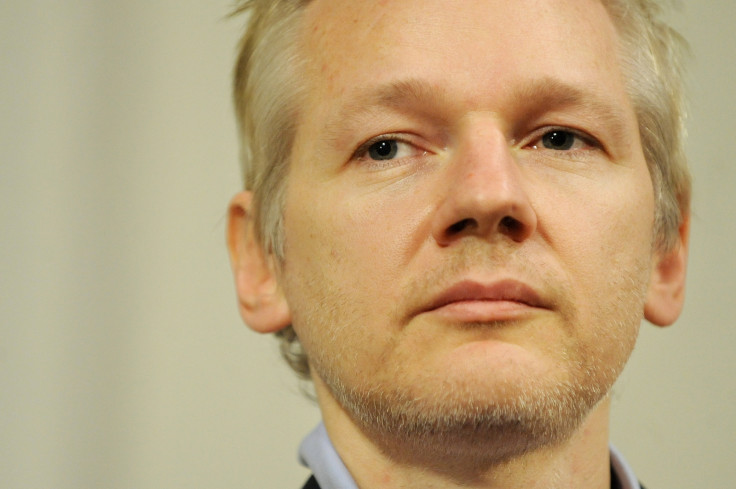What's in Vault 7? WikiLeaks publishes huge trove of CIA secrets
The 'Vault 7 Year Zero' release is the first CIA disclosure from the whistleblowing platform.

WikiLeaks has revealed the contents of the long-awaited Vault 7 – a huge batch of documents allegedly detailing the hacking tools used by the US Central Intelligence Agency (CIA). The whistle-blowing organisation said it may be the largest intelligence publication in history.
The leak, which spans the year 2016, contains over 8,000 documents and files from an "isolated, high-security network situated inside the CIA's Centre for Cyber Intelligence in Langley, Virginia". The source of the highly sensitive data remains unknown at the time of writing.
In a release on 7 March, WikiLeaks said the data it obtained – dubbed "Year Zero" – contained millions of lines of computer code showing the vast cyber-infiltration powers of the notorious US spies. The cyberweapons included "zero-day" exploits, malware control systems and Trojan viruses.
The leak described the scope of the CIA's "weaponised exploits" the agency could use to target a slew of products made by US and European tech firms and turn them into covert listening devices.
What does it impact?
This includes Samsung TVs, Microsoft Windows, Apple iPhones and smartphones using Google's Android operating system. The techniques could be used to give the CIA the ability "bypass the encryption" of WhatsApp, Signal, Telegram, Wiebo and Confide, WikiLeaks said.
Some of the exploits were allegedly built with the help of UK's MI5, and the documents claim the federal agency obtained over 20 Android zero days from "GCHQ, NSA and cyber arms contractors".
WikiLeaks said it had also developed ways of digitally infecting cars in a manner that would "permit the CIA to engage in nearly undetectable assassinations".
While the identity of the leaker remains unknown, WikiLeaks indicated the individual is likely a US government-linked hacker. The motivation of the source, it claimed, was to ensure the CIA's hacking abilities and oversight regime is now debated in a public forum.
"There is an extreme proliferation risk in the development of cyberweapons," Julian Assange, founder of WikiLeaks, said in a press release. "Comparisons can be drawn between the uncontrolled proliferation of such 'weapons' [...] and the global arms trade.
"But the significance of 'Year Zero' goes well beyond the choice between cyberwar and cyberpeace. The disclosure is also exceptional from a political, legal and forensic perspective."
WikiLeaks claimed to have redacted key parts of the disclosure – including data on "tens of thousands of CIA targets and attack machines throughout Latin America, Europe and the United States" – as it needs to analyse these in detail before further publication.
Furthermore, it said it had carefully reviewed the disclosure to help avoid the distribution of "armed" cyberweapons. Last year, the US National Security Agency (NSA) fell victim to a similar leak, at the time linked to a group known as the "Shadow Brokers".
WikiLeaks stated: "We remain committed to our publishing model and note that the quantity of published pages in 'Vault 7' part one ('Year Zero') already eclipses the total number of pages published over the first three years of the Edward Snowden NSA leaks."

On the day of release, Assange was set to give a live press conference, however this was postponed after it came "under attack" from unknown forces. "As Mr Assange's Perscipe+Facebook [sic] video stream links are under attack his video press conference will be rescheduled," WikiLeaks tweeted.
Speculation mounted in recent weeks after WikiLeaks' own verified twitter account made numerous references to the mysterious term. The anti-secrecy organisation added fuel to the fire on 4 February, when the account posted a cryptic update: "What is Vault7?"
On social media, WikiLeaks also touted a new "publishing model", which is to pre-distribute the full trove of documents to its followers so everyone can have a copy at hand. Then, when Assange wants to green-light the release, he can release the password at will.
IBTimes UK has obtained a copy of the files and is currently in the process of analysing the contents.
Last year, WikiLeaks hit the headlines after becoming embroiled in a political scandal by releasing nearly 20,000 internal emails from the Democratic National Committee (DNC). The US government accused the website of having links to the Kremlin.
NOTICE: As Mr. Assange's Perscipe+Facebook video stream links are under attack his video press conference will be rescheduled.
— WikiLeaks (@wikileaks) March 7, 2017
The US intelligence community, including the CIA, said WikiLeaks obtained its emails from hackers working on behalf of Russian intelligence, specifically a notorious cyber-espionage unit called APT28, or Fancy Bear. Assange has consistently denied the involvement of any state actor.
The WikiLeaks founder remains under political asylum at the Ecuadorian Embassy in London.
© Copyright IBTimes 2025. All rights reserved.





















